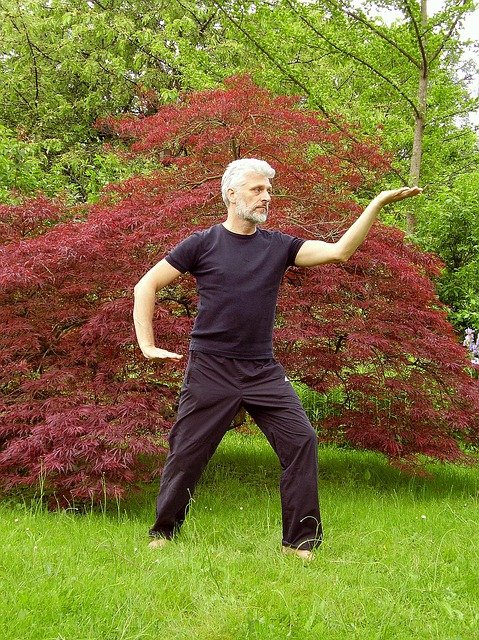Neuroscience has highlighted the multiple benefits of mindfulness practice. These include the capacity to pay attention, sustain task-focus and regulate our emotions. Mindfulness can contribute to our overall happiness by enabling us to be in the present moment (rather than the past or future), to sustain positive emotions and recover from perceived adverse events. Mindfulness enhances our capacity in a work situation by enabling us to handle abstract ideas, to be reflective and to strengthen the communication between the hemispheres of the brain. Nadine Cherry who teaches meditation and other mindfulness practices to corporate organisations around the world, maintains that meditation can also develop clarity and calm.
In a 12-Minute Meditation podcast (25 April 2024), Nadine facilitated a session on the theme, Meditation to Cultivate Calm and Clarity. In that session, she introduced two mindfulness practices that she contends can be used in the workplace or when working at home. They are short and can be undertaken anywhere:
1. H.A.L.T. Practice
In this process we can explore the bodily sensations and our thoughts associated with hunger, agitation, loneliness and tiredness. It involves stopping for a brief period to focus on each of these states and how they are affecting us in the present moment. It requires tuning into our bodies and our thoughts to assess where we are at in terms of these four human conditions. It also involves reorienting ourselves when we find that we are being impeded by what is going on both in our bodies and our minds. Nadine maintains that this mindfulness practice can contribute “to inner peace and outer performance at work”. It can be very useful as a prelude to a potentially tense meeting, a formal presentation or a challenging conversation.
2. Vagal Toning
Vagus nerves are a critical component of our parasympathetic nervous system and are responsible for creating signals between our brain, heart and digestive systems. Before challenging activities at work, we can experience tightening of our throat or chest. Vagal Toning involves deep breathing and exhaling with a particular sound that relaxes the vagal nerves. The process requires deep inhaling through the nose and then exhaling while making a “v” sound. This action expands the chest and calms the body, enabling clarity of thought and decision-making. Vagal toning helps us to become more grounded and connected to ourselves, enabling us to relax and to achieve optimal performance in the moment.
Nadine asserts that these two mindfulness practices facilitate “authentic expression” and enable us to overcome “overwhelm” when working. By helping us to become more connected to ourselves, they assist us to become clear about what we want to do and say in a work situation.
Reflection
While listening to Nadine’s podcast and participating in the mindfulness practices she described, I recalled another calming benefit of mindfulness that has personal relevance to my health situation. I had been watching Dr. Darin Ingles’ Q & A video presentation on the Inflammatory Auto-Immune Response where he mentioned strategies to manage Mast Cell Activation Syndrome (MCAS) – a condition that I am currently experiencing.
Mast cells release chemicals that produce an inflammatory response to a “perceived invader” – something the body may misperceive as harmful (e.g. a particular protein found in gluten or milk). The activation of the mast cells can range on a spectrum from mild to severe. Darin maintains that in addition to medication, natural processes such as bodywork “can be helpful in resetting your autonomous nervous system and getting it back under control”. He mentions explicitly bodywork such as meditation, Tai Chi, acupuncture, vagal toning, yoga and deep breathing as being especially helpful in toning down the body’s “hyper-active” immune response.
The calming influence of Tai Chi on MCAS provides an added motivation for me to practise Tai Chi regularly. I have previously developed a mnemonic, FRAICHE, to remind me of other potential benefits of this mindfulness practice – flexibility, reflexes, awareness, intention, concentration and coordination, heart health and energy. So, as we grow in mindfulness through practices such as H.A.L.T. , vagal toning and Tai Chi we can calm our body and mind and develop clarity in our thinking and decision-making.
Darin is the author of The Lyme Solution: A 5-Part Plan to Fight the Inflammatory Auto-Immune Response and Beat Lyme and provides a regular podcast on health issues, Resilient Health Radio.
______________________________________
This post is provided for information purposes only and is not intended to replace personal medical advice provided by a trained medical practitioner. Please seek advice from a qualified professional before deciding on treatments for yourself or other members of your family.
___________________________________________
Image by Fabiana pfernandes from Pixabay
By Ron Passfield – Copyright (Creative Commons license, Attribution–Non Commercial–No Derivatives)
Disclosure: If you purchase a product through this site, I may earn a commission which will help to pay for the site, the associated Meetup group and the resources to support the blog.


